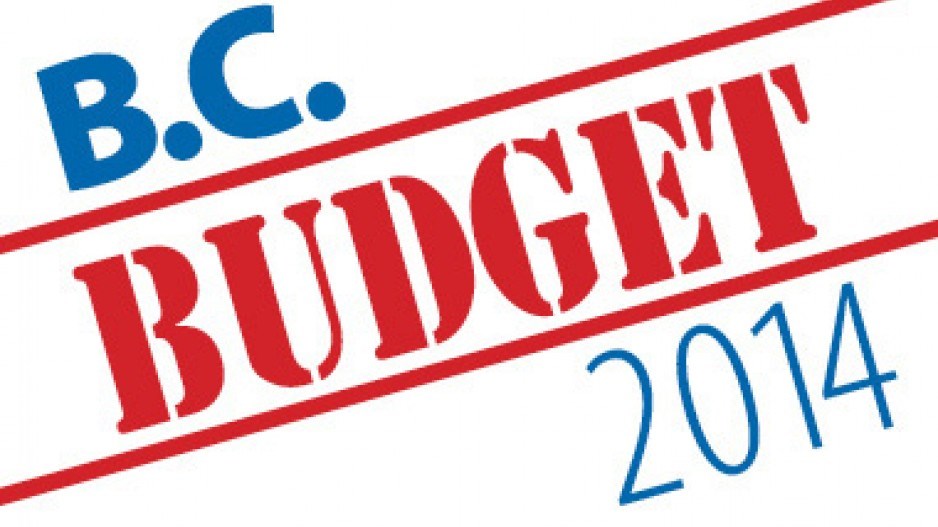British Columbia's business community is giving the provincial government top marks for tabling a balanced budget, but would like to see more action on skills training and B.C.'s "antiquated" provincial sales tax (PST).
"The government demonstrated fiscal responsibility," John Winter, president and CEO of the BC Chamber of Commerce, told Business in Vancouver. "We are one of only two Canadian provinces that are remotely approaching a balanced budget. And our Triple-A rating is unique as well."
Finance minister Mike de Jong presented a budget on February 18 that held little in the way of new spending, policy or taxation changes.
He did use the budget to introduce a long-awaited income tax model for B.C.'s burgeoning LNG industry. The tax framework has been crafted to be competitive with other jurisdictions, de Jong said.
B.C.'s government has done a good job of managing costs, but needs to do more to prepare the province for future economic opportunities, said Jock Finlayson, executive vice president at the Business Council of British Columbia.
"The global competition for capital and high value business activity is intense," Finlayson said. "This budget sends some positive signals, but more needs to be done in the areas of labour supply and skills, business tax burdens, strengthening the knowledge economy, and the cost and efficiency of regulatory processes if we are to succeed in building a more prosperous province."
The PST is one area that badly needs a makeover – and received no mention in the budget, said Iain Black, president and CEO of the Vancouver Board of Trade.
"I am disappointed they didn't make the changes in PST we had suggested, and I think those are important stimulus and stimulant ideas," Black said. "At the end of the day, we are at a competitive disadvantage with the way the PST model is right now."
@jenstden




